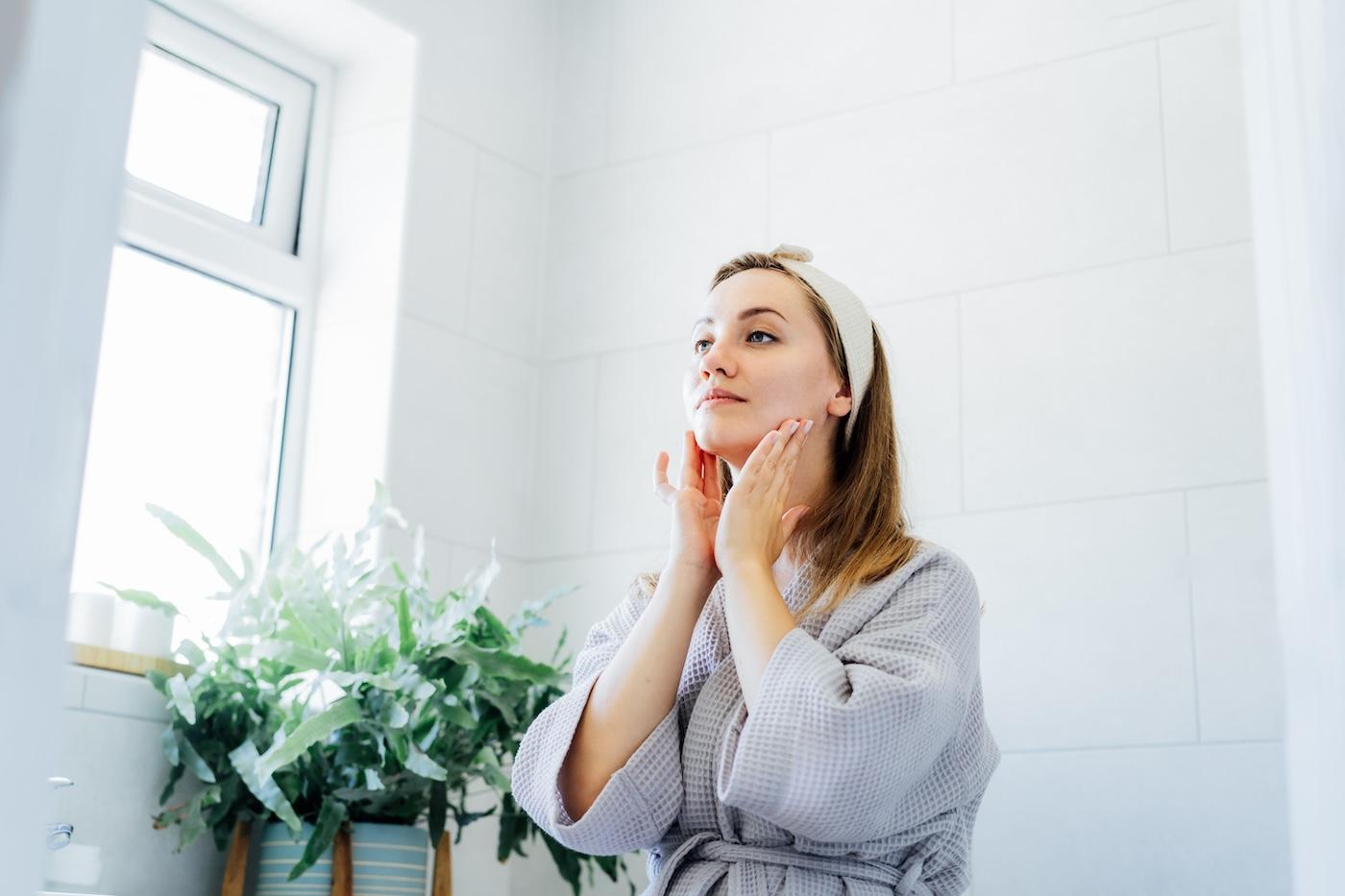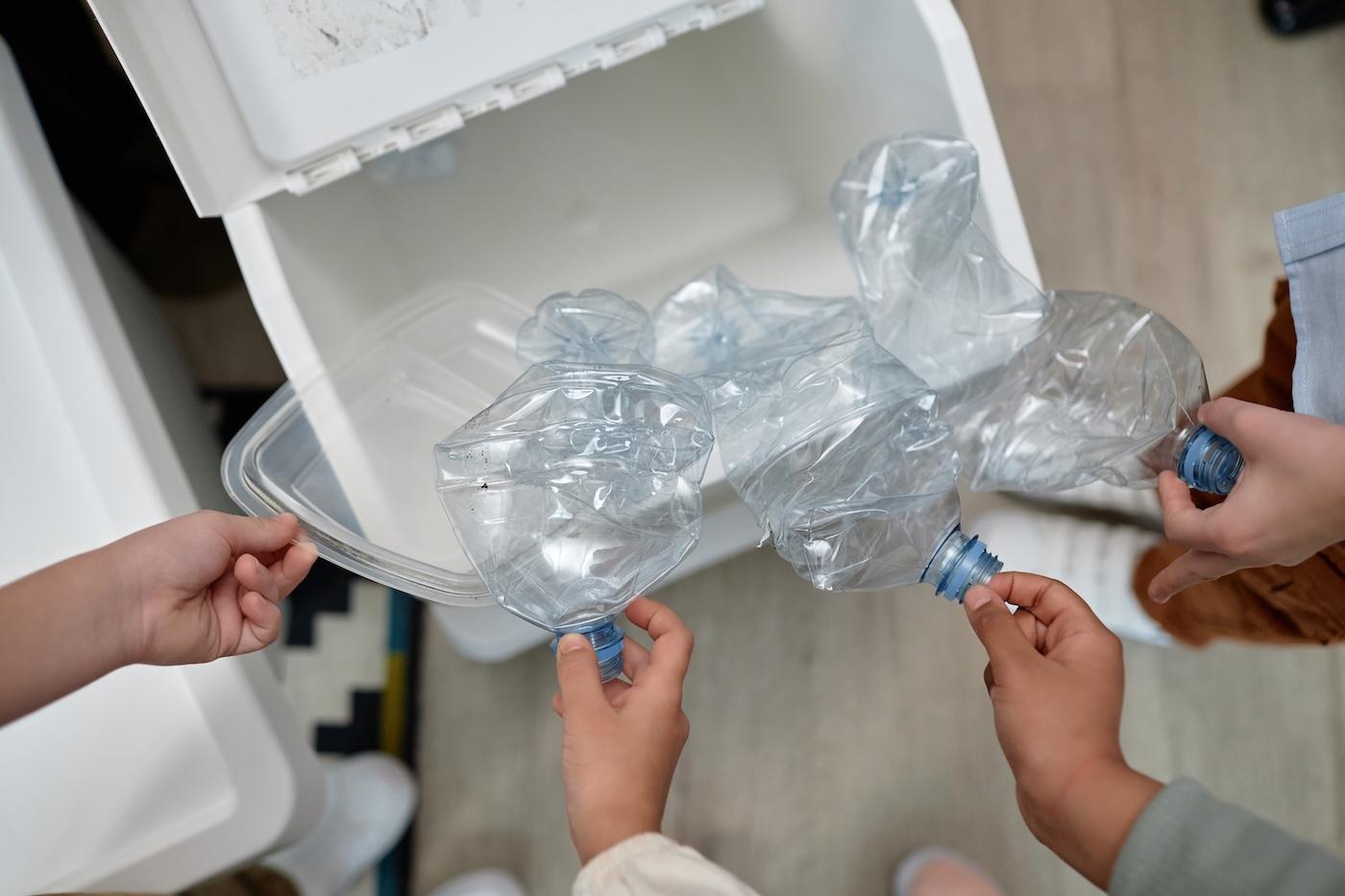PARENTS
How One Mom Is Creating More Breastfeeding Support for Mothers of Color
Alexandra Maurer uses her public platform to inspire and support other moms of color on their breastfeeding journeys.

Written by
Happiest Baby Staff

Alexandra Maurer, co-founder of Mum Lab, a European online mom community, never really thought about breastfeeding when she was pregnant. “Breastfeeding was something I wanted to try and see how it would go, but I wanted to stay open to the fact that I might not be able to, or suddenly wouldn’t feel comfortable doing it,” she says. But it turns out, Alexandra’s daughter Amélie wasn’t going to wait around for her mother to decide.
“Once I held her in my arms after birth, Amélie naturally crawled toward my breast and started sucking. She decided for me!” recalls Alexandra, a TV presenter and radio journalist. But just because the initial decision to breastfeed was an easy one, doesn’t mean the journey was.
In honor of Black Breastfeeding Week, we asked Black moms—including Alexandra—to share their unique breastfeeding triumphs and roadblocks. Here’s Alexandra’s story.
Happiest Baby: How would you describe your breastfeeding journeyAlexandra Maurer: Overall, I absolutely LOVED breastfeeding and felt it created a very special bond between my daughter and me. However, I had a very traumatic birth and lost a lot of blood during labor. My body was so in shock and exhausted from birth that my milk didn’t really “kick in” in the beginning. And I was surrounded by midwives pressuring me, squeezing, and rubbing my breasts until I felt so uncomfortable. They kept on saying, I “simply” needed to do it, then it would work. Simply? There isn’t anything simple about being a first-time mom breastfeeding!
I felt I didn’t have enough breastmilk to satisfy my little hungry baba’s needs. So, pretty quickly, we started topping her up with baby formula. Now that I know more about motherhood and breastfeeding, I realize that there are options for new moms to seek help to try to increase breast milk supply…I just didn’t know of them then.
HB: Did you have access to a lactation support group or individual lactation counselor?AM: I didn’t receive or seek any lactation support. I didn’t really know of any support groups back then. I didn’t know who to turn to.
[While Alexandra gave birth in the UK, lactation support for Black parents is not great in America, either. A 2019 report found hospitals serving larger Black populations are less likely to offer lactation support following delivery. And Black mothers are also more likely to receive in-hospital formula than white mothers. Plus, research shows that in America, only 10% of lactation consultants are Black.]
HB: Was it important to you to nurse in public and share your breastfeeding journey on social media?AM: Yes. I loved breastfeeding in public and never cared about people staring. I even made a point to ask people to give me privacy instead of staring! I told them that whilst we are eating, my baby also needed to eat. I love a conversational challenge with the intention to raise awareness, inform, or create more support and understanding for us moms.
I was also very comfortable sharing my breastfeeding on social media. I want to support ALL women that want to breastfeed and those who feel alone with their questions and insecurities. I think that as a person of color myself, by simply doing and showing breastfeeding I can represent...and automatically inspire and support others with similar experiences and backgrounds.
HB: On your Insta profile you wrote #representationmatters ✌🏼✌🏽✌🏾✌🏿. In terms of breastfeeding, why is that so important?AM: In every aspect of life—including motherhood and breastfeeding—people need to be represented, whether that’s gender, religion, ethnicity, orientation, etc. Moms from different ethnicities or religions might experience cultural differences in their breastfeeding journey. Experts need to be suitably trained to meet ALL NEEDS on ALL LEVELS. Language, religion, approach, appearance, etc. Only then can a mom feel understood and fully open up to trust in getting the best support they need. If a midwife, for example, only knows what mastitis looks on Caucasian skin, she will send moms with darker skin home because she wasn’t trained to recognize mastitis on all skin types. This can lead to serious physical and mental damage to the mother.
HB: What inspired you to start MumLab?AM: My co-founder Jen and I started MumLab during the first lockdown in Europe. We both were new moms and found ourselves without any close family nearby. We’d cry, laugh, and listen to each other’s problems over Zoom. We built each other up and gave each other tips, sharing our personal and raw experiences without judging each other. And during one of those laugh-cry-moments over Zoom with a glass of wine, we thought there must be many more mothers out there who feel alone and are scared to share and be judged. So, we founded MumLab—a nonjudgmental network of moms that support, inform, and empower each other throughout their motherhood journey. Any mom or mom-to-be can join and can benefit from monthly live Zoom meetups, expert interviews, and more. And as a mixed-race mother, I have made it a goal to represent all women on MumLab—and especially talk about issues surrounding moms of color.
HB: What’s your best piece of advice you have for Black moms-to-be hoping to breastfeed?AM: Persevere and do not be scared to ask for help. Even to ask where to ask for help. Know that you are not alone.
HB: Why do you think Black Breastfeeding Week is important?AM: It’s important to talk about the challenges breastfeeding moms of color go through. By talking about these challenges and differences, we raise awareness, we learn, we understand, we ask more questions, and we create change.
For Black breastfeeding and parenthood support and info, check out…
- Where Black Parents Can Find Breastfeeding Support
- Unpacking the Racial Disparities in Breastfeeding
- 13 Mental Health Resources for Black Parents
- Black Maternal Health Week: A Doula’s Perspective
Disclaimer: The information on our site is NOT medical advice for any specific person or condition. It is only meant as general information. If you have any medical questions and concerns about your child or yourself, please contact your health provider.
SHARE THIS ARTICLE
MOST LOVED
Sleepytime Sidekicks












